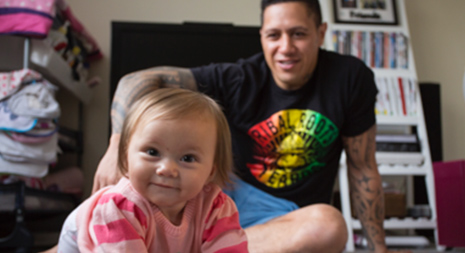Burial and cremation
Decisions about the deceased’s body: Legal rights and powers
Normally there aren’t any problems or disputes about what is to happen with the deceased’s body, and so strict legal rights and powers don’t come into play. The deceased may well have made clear what they wanted to happen, either in their will or just by telling family and friends, and in that case their wishes will usually be followed. If the deceased didn’t tell family and friends what they wanted, then the family will decide together what is to happen.
As with other areas of life, legal rights and powers will become important if there’s a disagreement about what should happen. In this section, we explain who has the legal power to make decisions in these cases.
Who has the legal right to make decisions about the deceased’s body?
Takamore v Clarke [2013] 2 NZLR 733 (SC) High Court Rules 2016 (LI 2016/225), rule 27.35
If the family can’t agree on where the deceased is to be buried, or whether they’ll be buried or cremated, the person who has the legal power to make these decisions will be the executor named in the deceased’s will.
If the deceased didn’t leave a will, or if the will is invalid or didn’t name an executor, then this decision-making power usually lies instead with the closest family member, as the person with the best legal claim to deal with the deceased’s property. When there’s no will or executor, the deceased’s property is dealt with by a relative appointed by the courts as the “administrator” for the estate (see: “Dealing with the deceased’s property: Wills, intestacy and small estates”). There’s a legal order of priority for who the courts will appoint for this: at the top of the list is the spouse or partner, followed by the children, and then parents, sisters/brothers, and aunts/uncles. However, you don’t have to have already been appointed administrator to be able to exercise decision-making power about the deceased’s body – what counts is that you’re the one who has priority.
The executor/administrator has to take into account the views of immediate and wider family, and to consider different cultural, religious and spiritual practices. However, they don’t have to actively seek out the family’s views.
Note: The executor/administrator is expected to follow the deceased’s wishes, but they’re not legally required to do this.
Can family challenge the executor/administrator’s decisions?
Takamore v Clarke [2013] 2 NZLR 733 (SC)
Yes. The executor/administrator’s decision can be challenged in the High Court. In deciding the case the judge must recognise and respect different cultural practices, as well as different family and personal interests.

